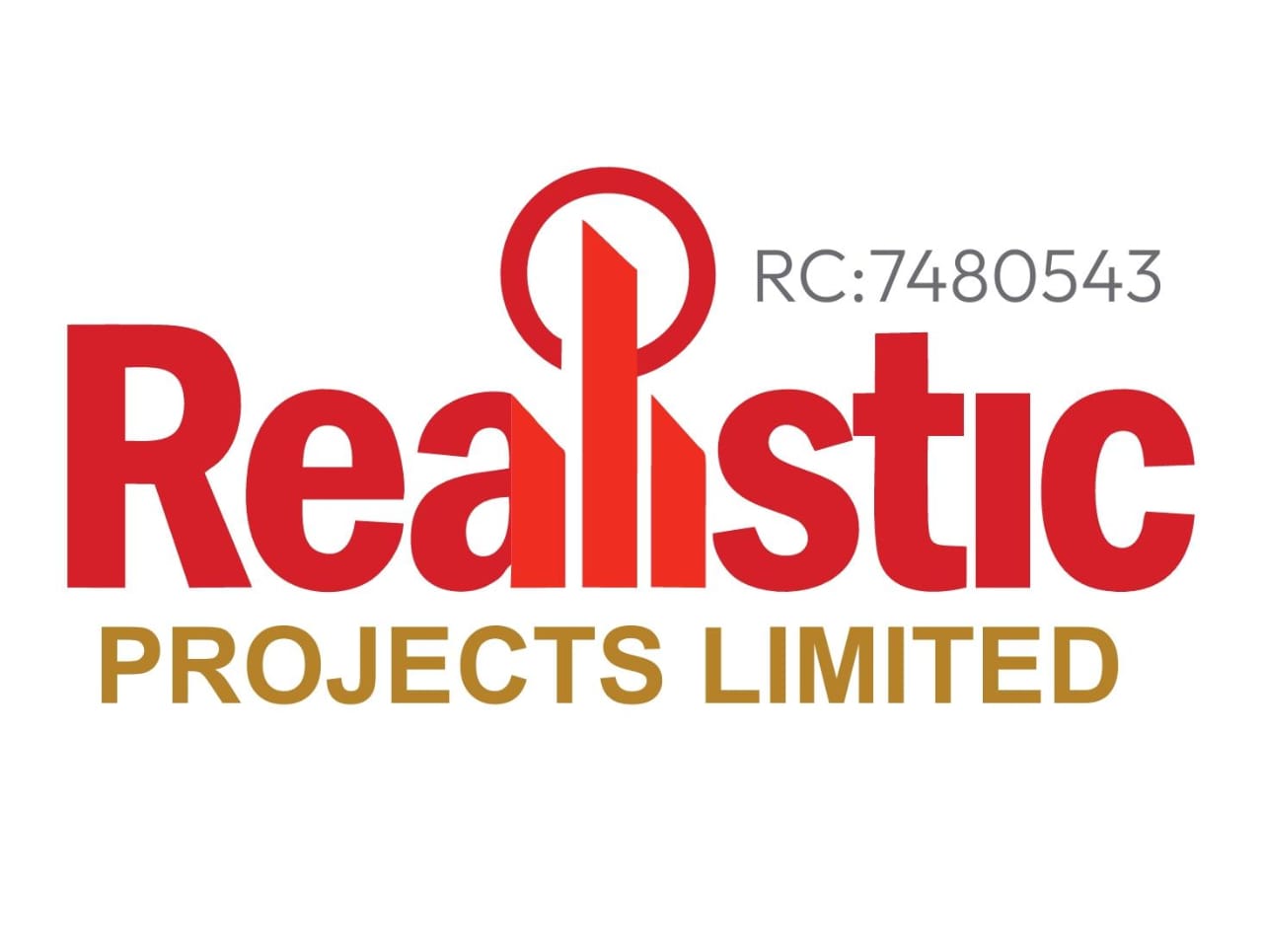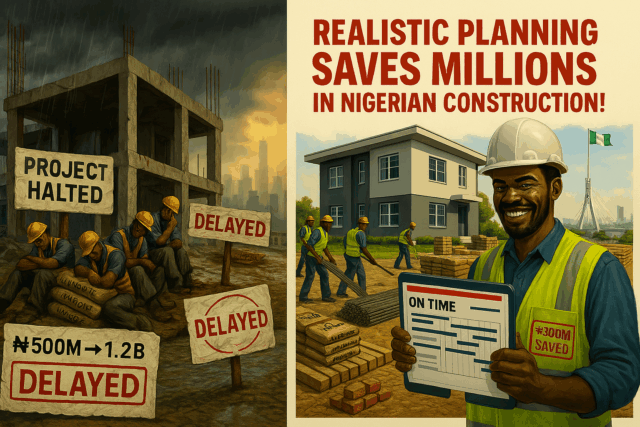
As we move through 2025, many industry experts and stakeholders are witnessing signs of a slowdown in the construction sector. Economic fluctuations, global supply chain disruptions, and shifts in market demands have all fueled uncertainty. For companies like Realistic Projects Limited, understanding these challenges and preparing with strategic solutions is crucial to staying ahead.
Understanding the Causes of a Slowdown
Several key factors contribute to the ongoing slowdown in 2025:
- Slower Growth: The AIA Consensus Construction Forecast has predicted a significant decrease in construction spending growth in 2025 compared to 2024. This slowdown signals a period of caution for developers and investors alike.
- Market Challenges: Factors like rising costs, interest rates, and economic uncertainties have led to hesitancy in new developments. Higher borrowing costs make financing large projects more difficult, reducing overall construction activity.
- Potential for Stagnation: Some analysts have predicted that construction spending might essentially “stall” in 2025, meaning minimal growth compared to previous years. This stagnation has led to increased competition for fewer projects, making strategic positioning crucial.
- Material Costs and Supply Chain Disruptions: Although supply chain issues have improved since the pandemic, the global market remains volatile. Price fluctuations in essential materials like cement, steel, and electrical components continue to delay projects and increase construction costs.
- Regulatory Changes and Policy Shifts: Government policies on land use, building regulations, and environmental compliance have impacted project feasibility. New tax policies or stricter regulations have slowed down approvals and increased project expenses.
- Labor Shortages: The construction industry continues to face a skilled labor shortage. As experienced professionals retire and fewer young workers enter the field, companies are struggling to find qualified personnel for their projects.
- Reduced Foreign Investment: With global economic instability, foreign investors have been hesitant to fund large construction projects in Nigeria. This has led to fewer high-value commercial developments and infrastructural projects.
Navigating the Challenges: Strategies for Resilience
Despite these challenges, construction firms can take proactive measures to adapt and thrive in 2025. Here are some solutions that can help Realistic Projects Limited and similar companies navigate the downturn:
- Diversification of Services: Expanding service offerings to include facility management, maintenance, and renovation projects can help sustain revenue. With reduced new construction, demand for renovation and retrofitting of existing buildings has increased.
- Strategic Cost Management: Establishing long-term supplier agreements and bulk purchasing materials in advance can help mitigate cost fluctuations. Companies should also explore alternative building materials to reduce dependency on high-cost imports.
- Investment in Technology: Implementing Building Information Modeling (BIM), project management software, and prefabrication techniques can improve efficiency and reduce waste. Digital tools can also enhance collaboration, streamline operations, and cut costs.
- Strengthening Local Partnerships: Forming alliances with Nigerian developers, government agencies, and local suppliers can create stability in project execution. Networking with key stakeholders may also open up new opportunities despite economic challenges.
- Targeted Marketing and Client Engagement: Given shifting market trends, companies must refine their digital marketing strategies. Realistic Projects Limited should optimize its website for Nigerian searches, launch targeted social media campaigns, and engage with potential clients through educational content about cost-effective building solutions.
- Workforce Development and Retention: Investing in training programs for young professionals and upskilling existing employees can mitigate labor shortages. A well-trained workforce ensures consistent project quality and efficiency.
Conclusion: Turning Challenges into Opportunities
While the construction industry is facing headwinds in 2025, companies that plan strategically and embrace innovation can continue to grow. Realistic Projects Limited is well-positioned to adapt by optimizing operations, diversifying services, and strengthening its local presence. By proactively addressing these challenges, the company can turn a potential slowdown into an opportunity for sustainable growth and industry leadership.
At Realistic Projects Limited, we remain committed to delivering high-quality construction, design, and facility management services. If you are planning a project in Nigeria, contact us today to discuss innovative and cost-effective solutions tailored to your needs.



Leave a Reply